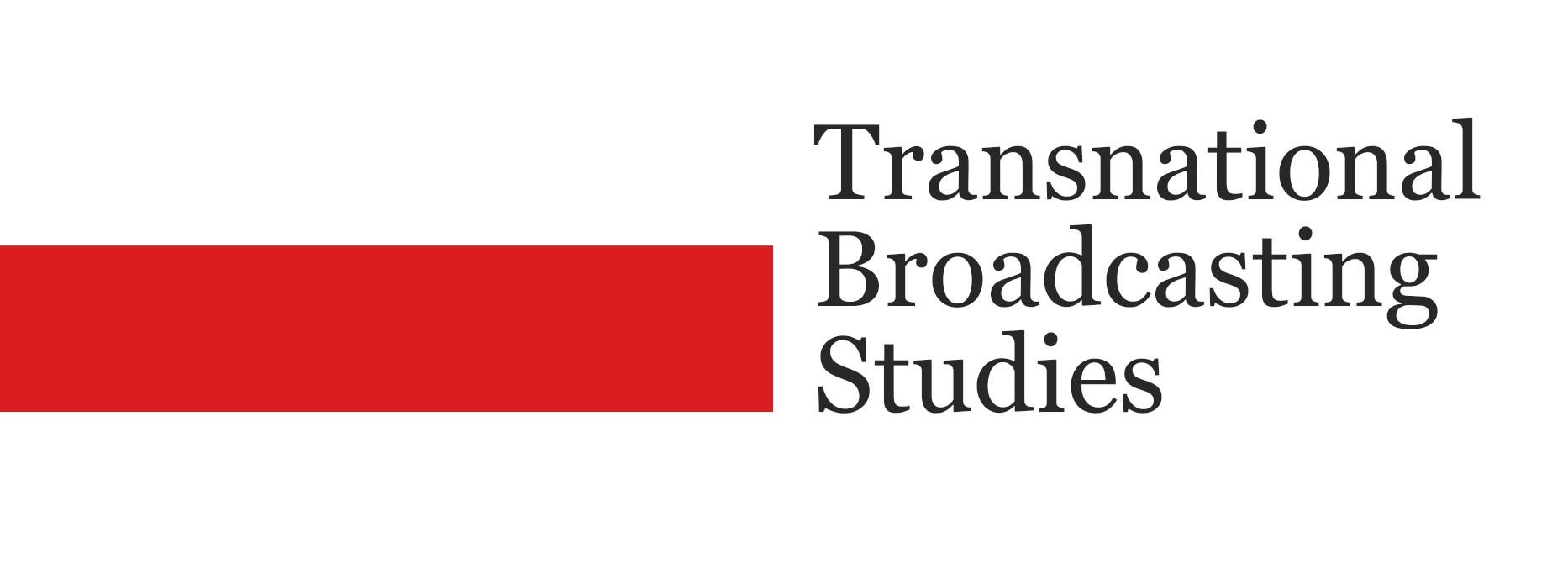With the enormous and ever-increasing number of TV programs being offered nowadays—it could soon reach 500 digital channels worldwide—viewers are in need of help in navigating this myriad of options, a solution that will provide them with more information on the programs and give them a simple, easy-to-follow guide. Perhaps nowhere is this need greater, given the high density of satellite channels in general and highly competitive pay-TV platforms in particular, than in the Arab world.
The high volume of offerings means that consulting the newspapers or a printed TV guide, or just waiting for that pretty presenter to introduce us to a used-to-be blockbuster movie, no longer works. The digital revolution in the broadcasting arena is the alternative, and the tool is the electronic program guide (EPG).
EPGs are broadly known as being any program guide on a digital TV set, set-top box, or satellite receiver. They are a service provided by the broadcaster to the viewer at home, giving details about TV programs that are on air at that time or that will be broadcast in the near future. But in today's digital revolution, EPGs are becoming more of a portal to broadcaster services, a gateway to a set of interactive applications, and even an access point to the Internet. And that makes a good EPG more and more of a necessity for a broadcaster's success in today's highly competitive broadcasting market.
The importance of the EPG resides in the ineffectiveness of conventional services in presenting what could be 500 channels worth of program information. It is almost impossible with teletext or newspapers to scan through that number of channels to see if there is anything good on, or if a particular program will be on today, or what's on right now. But EPG makes it possible to provide the viewer with a fully detailed description of the program: title, synopsis, casting, director, production year, etc.--and presented in multiple languages.
This information is constantly updated since it is present on air with the video and audio streams. It can be accessed and downloaded any time the viewer requests it, and presented in an attractive way through colorful screens, with high resolution to show pictures of good quality, and an enhanced user experience thanks to flexible navigation. All these features make the EPG an appealing place for advertisers to put their ads, just in the same way they do on Internet pages, which means improved profits for broadcasters.
In the Middle East, where pay-TV platforms emerged in the early nineties, broadcasters are keenly aware of the importance of EPG in attracting new audiences--and, moreover, in keeping their subscriber base.
ART (Arab Radio and Television) provides subscribers to its 1st Net bouquet with an EPG service with program information available in two languages, Arabic and English. The viewer can access the program information in the language he sets in the decoder. However, this EPG service provides information only about the current and the upcoming program.
Orbit's DTH platform also provides an EPG service but in a form of a schedule, which sometimes is called ESG (electronic schedule guide). What's interesting about Orbit's EPG is that program information is available for all the channels of the bouquet, even those that are not Orbit-supplied, such as CNN.
The other digital satellite pay-TV platform is Gulf DTH, with the Showtime bouquet. Showtime offers an EPG service similar to ART's, but only in English. What makes Showtime different than the others is its joint platform with ShowNet Internet Solution Ltd. for providing high-speed access to the World Wide Web. Even though the user still needs to have a computer to view Web pages (the ideal scenario would be to be able to access the Web through the decoder and view pages on the TV), this could be an attractive feature that Showtime can implement in their EPG and make it a real gateway to their interactive applications and to the Internet.
The use of EPG services is not limited to satellite DTH players. Others such as E-Vision, a digital cable TV operator in the United Arab Emirates, could become key players in pushing EPG developments in the region, even if it is targeted only to residents of the UAE.
EPGs are important keys to the future of digital television. They enable the viewer to cruise the complexities of the new multi-channel and multi-services world. Digital TV competitors in the Middle East will have to sharpen their EPGs in order to be ready to integrate new features of the digital revolution such as pay-per-view, interactive channels, and Internet browsing. Program information should be increasingly rich and accurate, which might lead to companies specialized in providing that information to the broadcasters.
In short, a broadcaster's success could be driven by the EPG it provides.
 Arab Media & Society The Arab Media Hub
Arab Media & Society The Arab Media Hub






